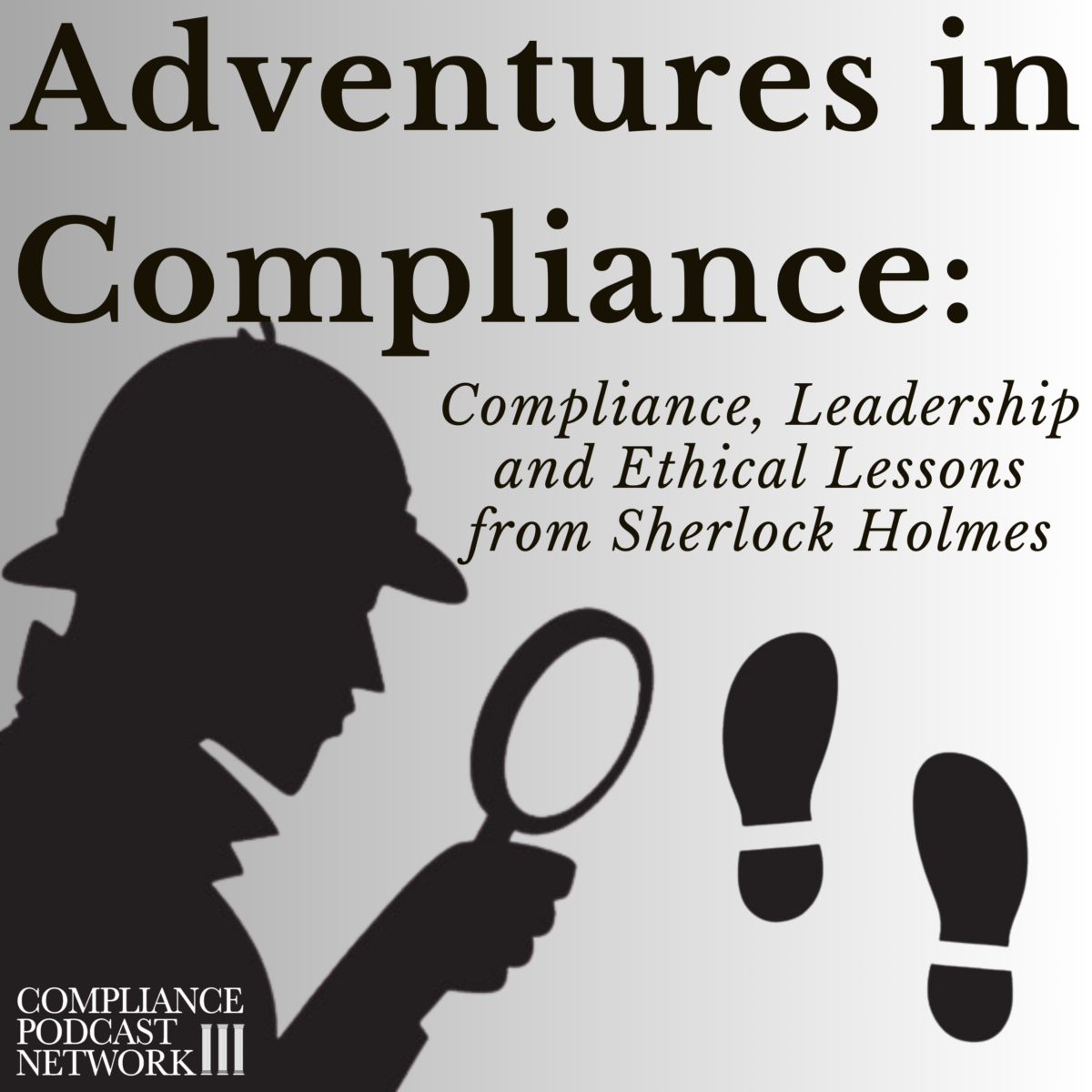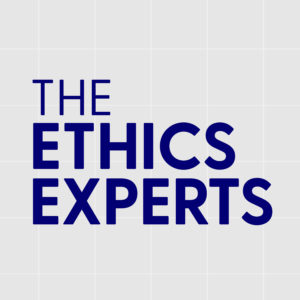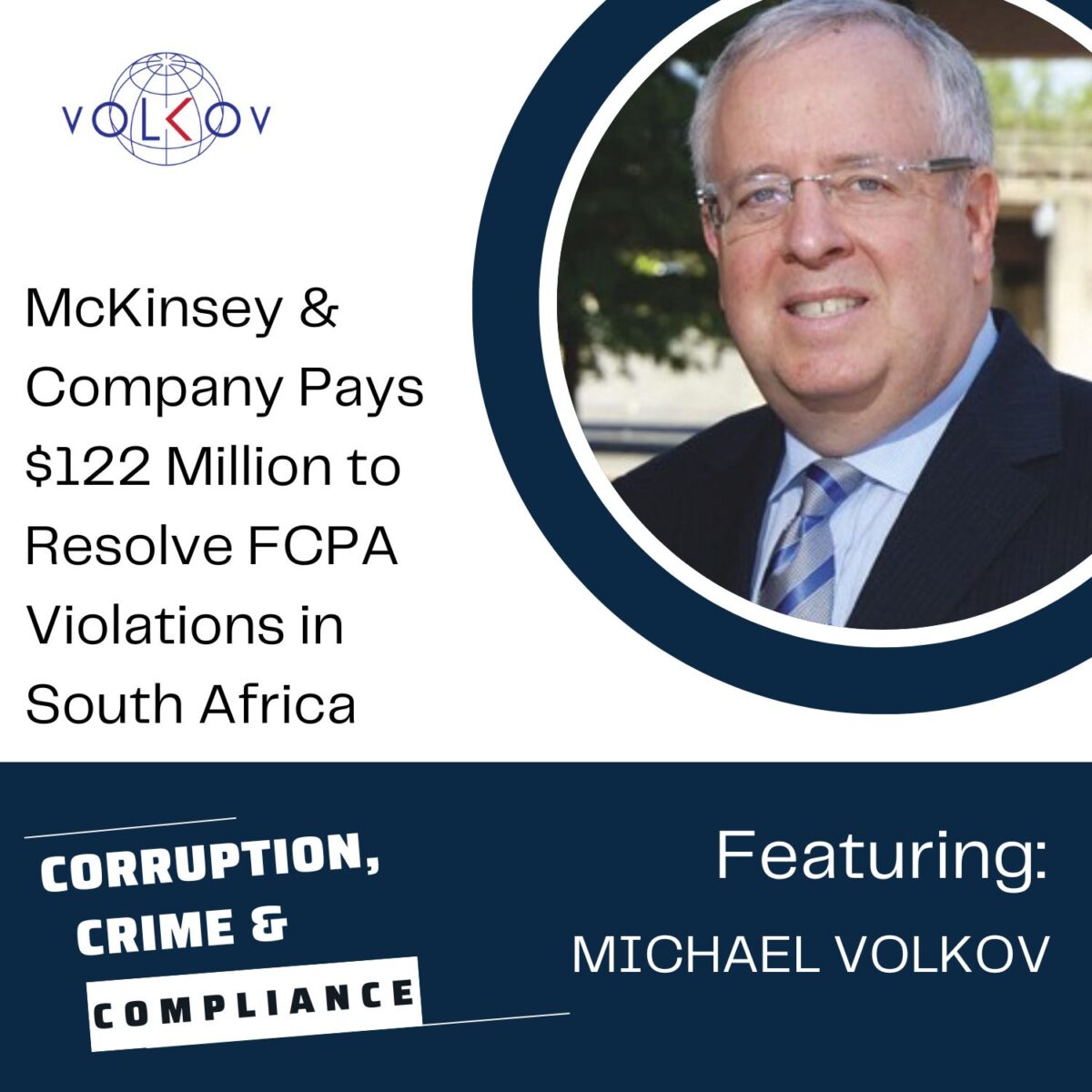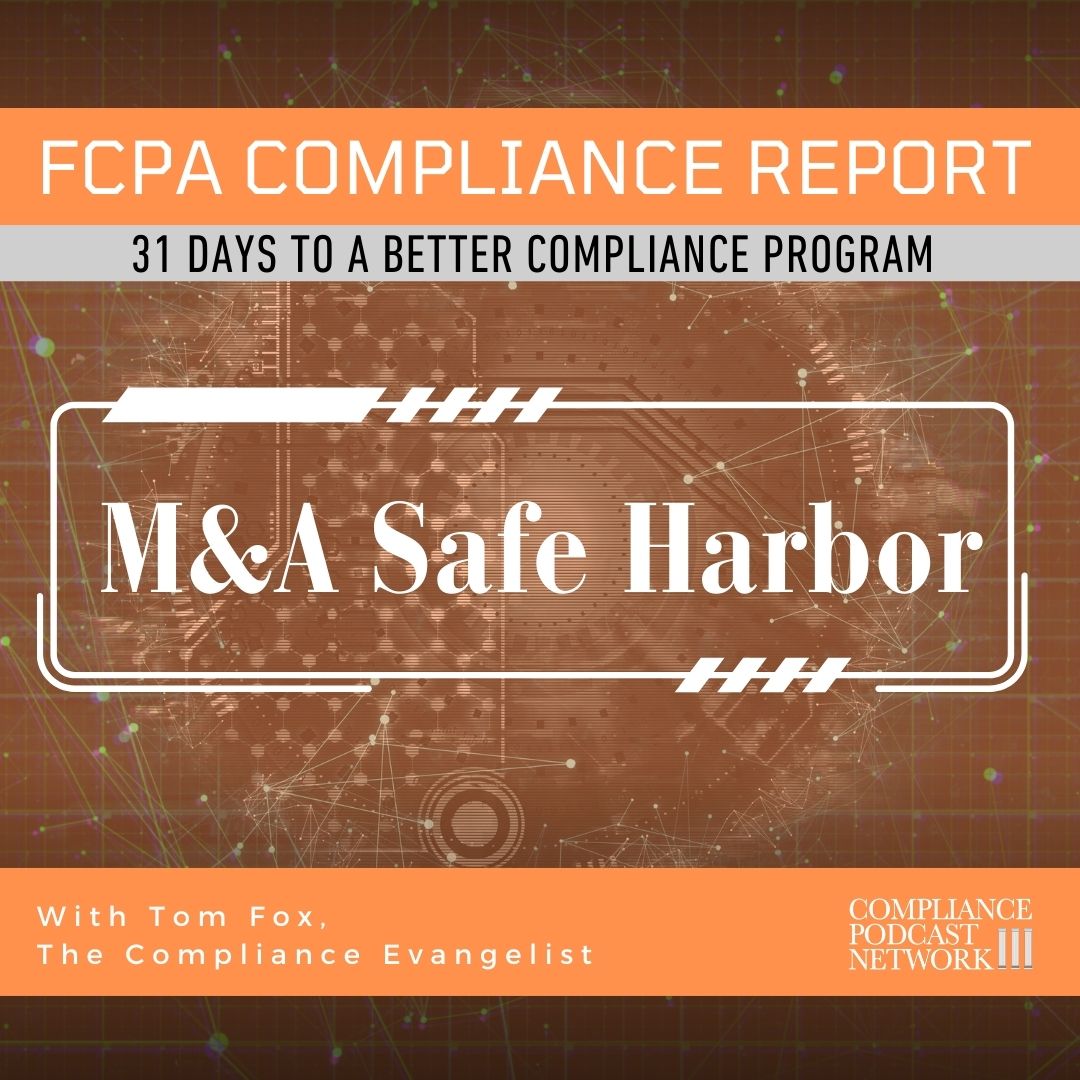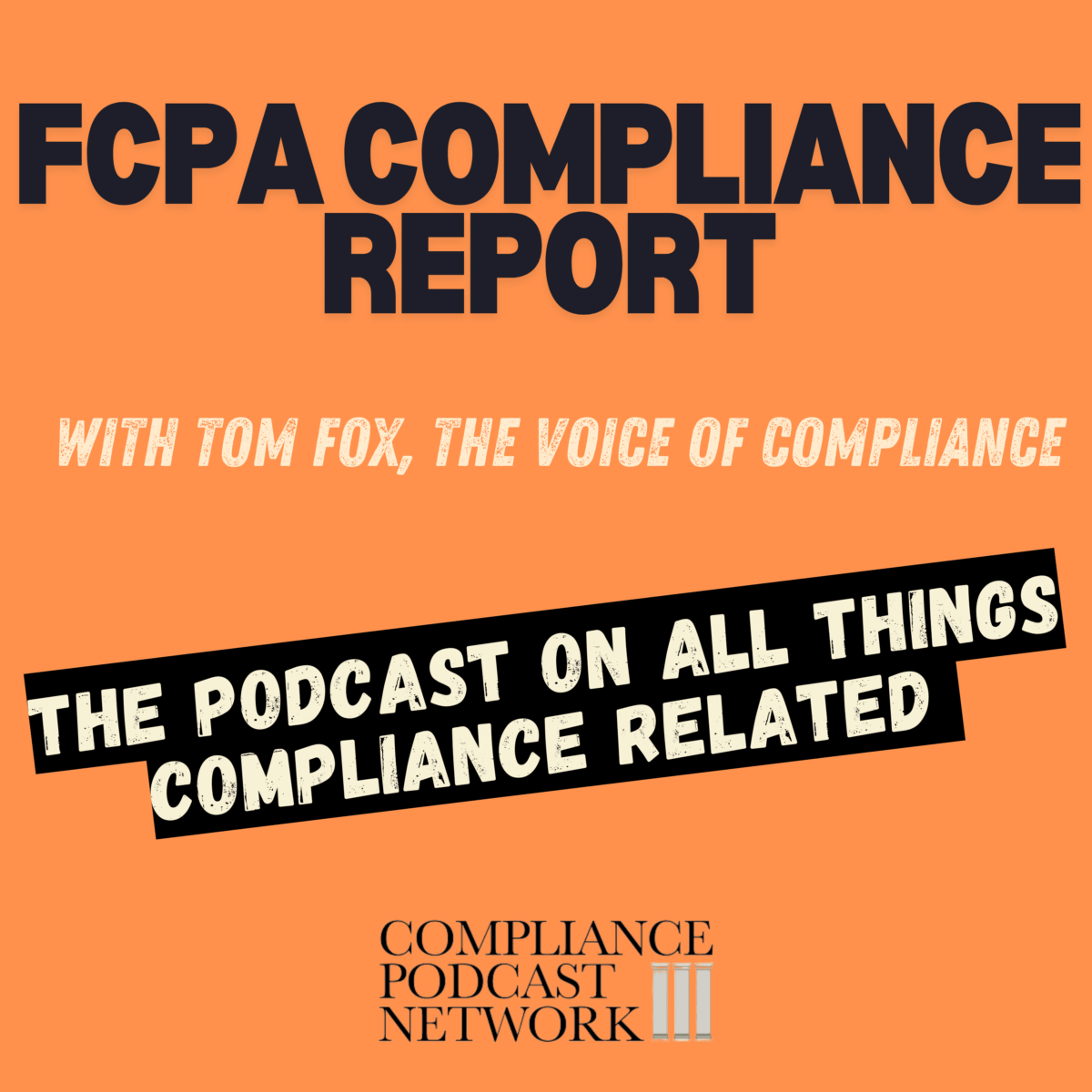When discussing leadership transitions at troubled organizations, one recurring theme is often overlooked: character’s pivotal role in shaping culture and outcomes. In an MIT Sloan Management Review article entitled “Make Character Count in Hiring and Promoting,” Mary Crossan posited, “Most managers focus on competencies when evaluating candidates—but it’s a character that will transform the DNA of the organization.”
The recent challenges faced by Boeing serve as a cautionary tale for compliance professionals worldwide. Despite their technical prowess and storied history, Boeing’s leadership failures, rooted in compromised decision-making and a lack of character-driven judgment, led to catastrophic consequences for safety, public trust, and, ultimately, their bottom line.
The leadership debate at Boeing has focused narrowly on whether the next CEO should be an engineer or an accountant, emphasizing competencies over character. This approach underscores a persistent failure across industries to recognize that strong character-based judgment is a cornerstone of ethical leadership and compliance success.
This offers a critical lesson for compliance professionals: character matters as much as, if not more than, competence. The organizational culture we build reflects the character of the individuals we hire, promote, and retain. Compliance leaders must champion character as a vital element in talent development and how to embed this principle into their practices.
Competence vs. Character: Understanding the Difference
Competence concerns what someone can do, their technical skills, knowledge, and experience. It varies by organization, role, and level within the hierarchy. In contrast, the character is about who someone is. It’s universal and intrinsic, shaped over a lifetime, and critical to ethical decision-making.
Research shows that character comprises 11 interconnected dimensions, each manifesting in observable behaviors. These dimensions include courage, humility, temperance, accountability, and judgment. Importantly, character isn’t static; it’s a habit that can be developed and refined over time.
When organizations equate character with a narrow set of qualities, such as drive and accountability, they risk embedding toxicity and poor judgment into their culture. For example, a leader with unrestrained courage may veer into reckless decision-making without the tempering force of humility. Such imbalances ripple through the organization, driving disengagement and turnover among those with stronger, more balanced character.
This interplay between character and culture is a leverage point for compliance professionals. We can foster ethical cultures prioritizing accountability, transparency, and trust by elevating character assessments to the same level as competence evaluations.
Character Interviews: A Tool for Compliance Leaders
Traditional interviews focus on competencies through structured questions and rubrics. Character interviews, however, require a more nuanced approach. They are conversational and personalized, designed to explore a candidate’s life story and reveal their character dimensions.
Here are key considerations for conducting effective character interviews:
- Prepare by Developing Your Own Character. To assess the character of others, interviewers must first reflect on their biases and imbalances. For instance, understanding the dimension of justice requires recognizing how systemic privileges and inequities shape perceptions of fairness.
- Engage in Genuine Conversations. A character interview should feel less like a formal assessment and more like exploring the candidate’s experiences, motivations, and values. This approach uncovers the layers of their character organically.
- Probing Questions and Observational Insights. Start with broad, open-ended questions and follow the threads of the candidate’s responses. For example, if candidates emphasize their innovative drive, explore how they’ve balanced it with temperance or collaboration.
- Cluster Dimensions to Identify Strengths and Weaknesses .Character dimensions are interconnected and should be evaluated holistically. A candidate with strong accountability and courage but weak temperance might struggle to balance ambition with thoughtful decision-making.
- Assess the Interviewer’s Character. Character interviews reveal the interviewee’s strengths and weaknesses as well as the interviewer’s. Candidates often assess organizations based on the character of those conducting the interviews.
Character in Promotions and Talent Development
Promotions signal what qualities an organization values most. When those decisions prioritize competence over character, they risk elevating individuals whose imbalances could undermine ethical culture.
One effective approach is integrating character assessments into 360-degree reviews for promotion candidates. For example, an organization identified a highly competent leader whose humility and collaboration needed development. By assigning him to an unfamiliar overseas role, they created an environment where he had to rely on others and build relationships, strengthening his weaker character dimensions.
Compliance professionals can advocate for similar strategies, ensuring that promotions are about past performance and readiness for ethical leadership.
Building Character-Based Cultures in Compliance
Embedding character into hiring and promotion decisions isn’t just about individual roles; it’s about shaping organizational DNA. Here is how compliance teams can lead this transformation:
- Educate on the Importance of Character. Host workshops or training sessions on the 11 dimensions of character and their relevance to compliance and ethical decision-making.
- Develop Character Assessment Tools. Create structured yet flexible frameworks for evaluating character in interviews, performance reviews, and succession planning.
- Provide Feedback for Development. Constructive feedback helps individuals recognize and address character imbalances. Compliance leaders can normalize character development as an ongoing process.
- Model Character-Driven Leadership. Compliance teams should exemplify the values they seek in others, demonstrating integrity, transparency, and humility in their interactions and decision-making.
The Compliance Professional’s Role
Character-driven leadership is essential to navigating today’s complex ethical landscape. For compliance professionals, this means advocating for systems that value character alongside competence. It means challenging the status quo in talent management and championing leaders who embody integrity, humility, and balanced judgment.
Boeing’s leadership failures are a stark reminder of what happens when a character is sidelined. By prioritizing character in our organizations, we can mitigate risk and build cultures that inspire trust, accountability, and long-term success.
Your corporate compliance function’s future and your entire organization depend on it.


